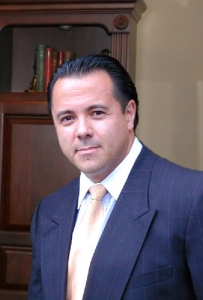
Florida attorney Michael Presley is a partner at the law firm of Presley & Presley, PA, where he practices with his two sons. With an established career as an attorney working mainly in the health care field, Michael Presley designed the network of United MSO of America, LLC, where he serves as the CEO and chief risk officer.
MSOs, or medical services organizations, are entities that provide non-clinical services to physicians, hospitals, or clinics. The MSO can handle things like payroll, office space, administrative duties, and all the other aspects of health care that are not related to caring for an individual’s health. Some MSOs specialize in specific services while others take care of the full range of administrative details that a practice may wish to consider.
MSOs provide an alternative to the scenario where a physician is employed by an organization. By outsourcing administrative services, physicians gain autonomy and can practice in a way that serves them and their patients best. An MSO that complies with state requirements preventing corporate medical practices and other regulations is a business that can not only serve the physicians with which it works, but also ethically create capital gain for the MSO and its partners.






